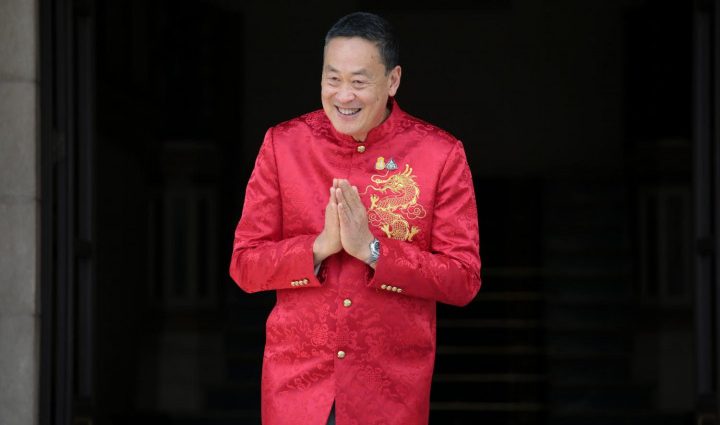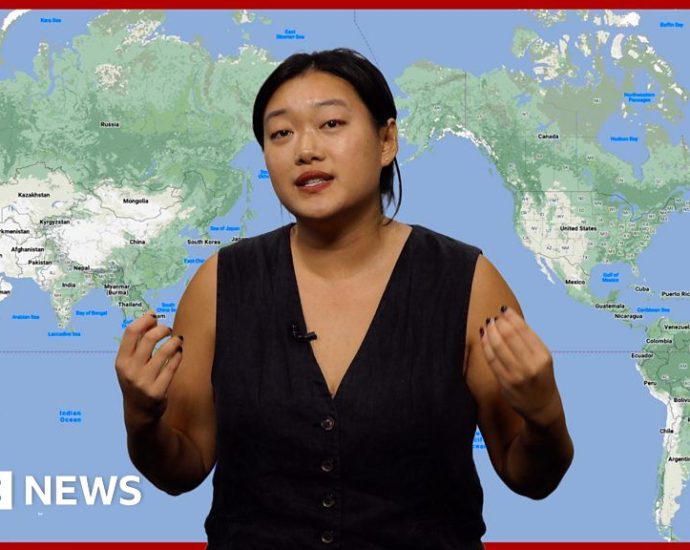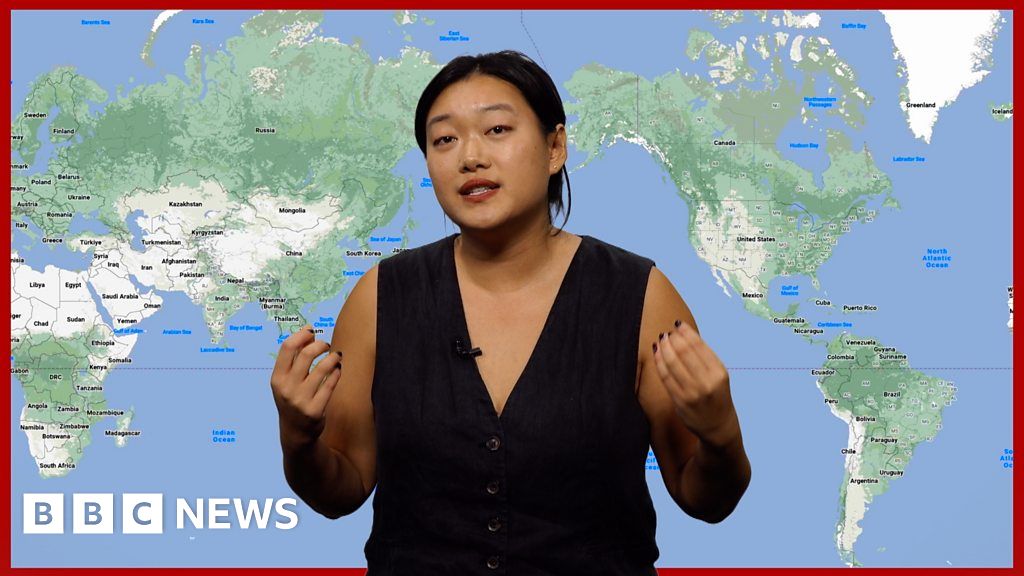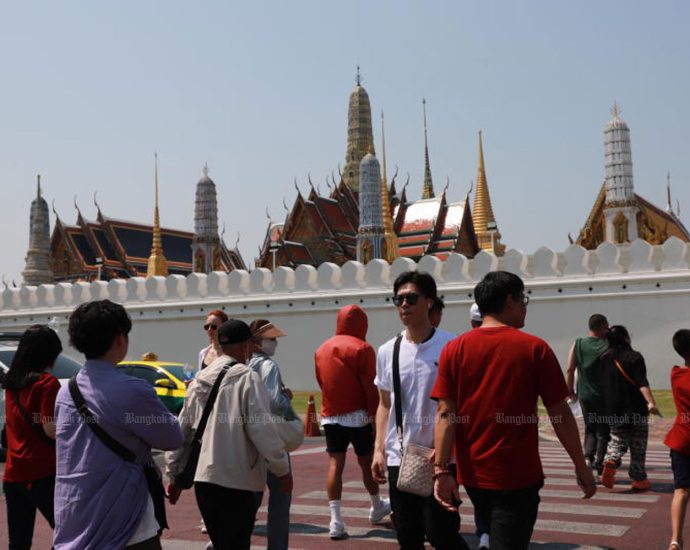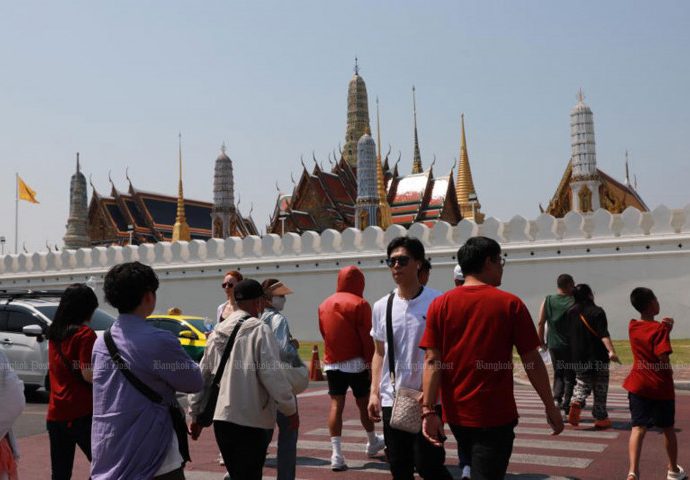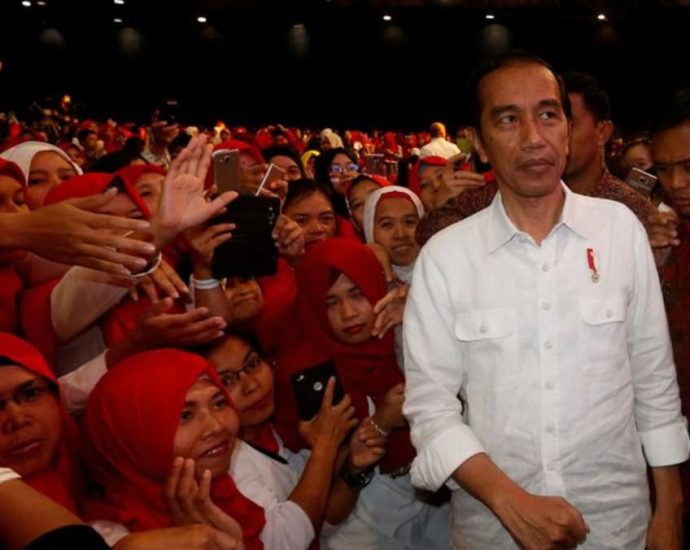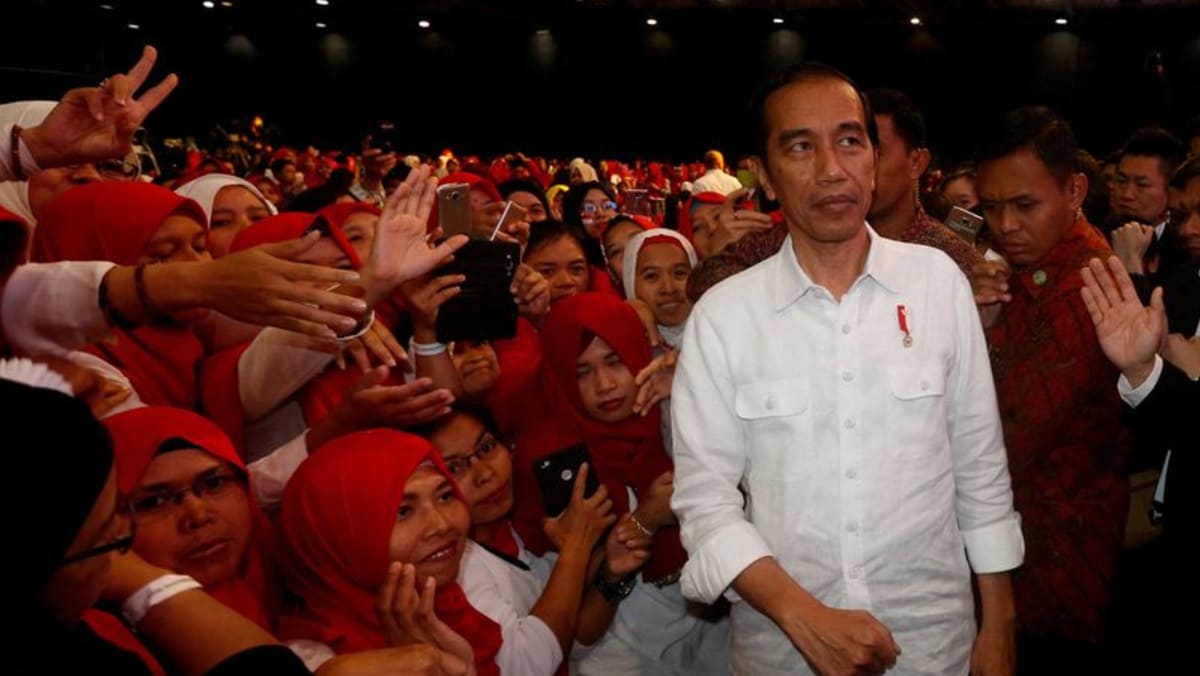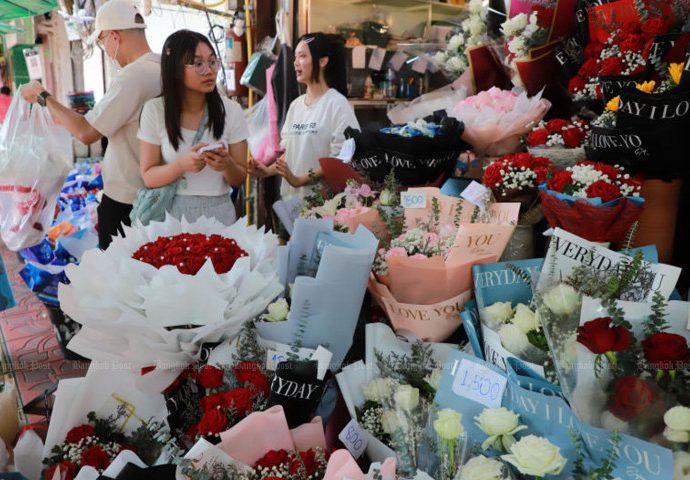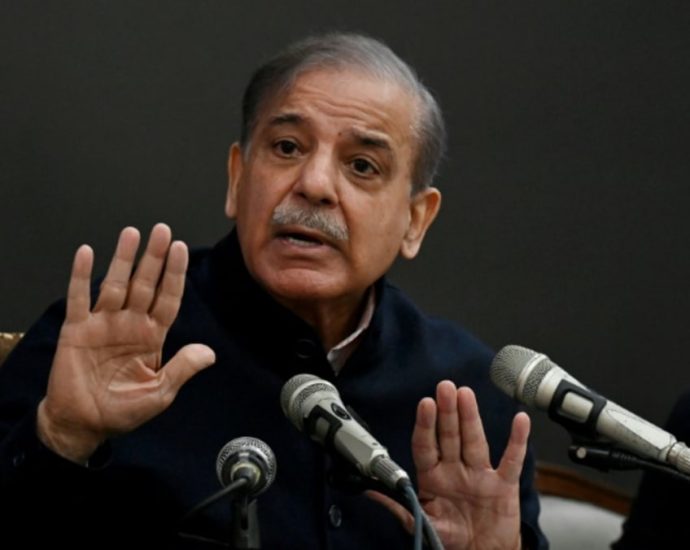PM believes he can go the distance

Prime Minister Srettha Thavisin says he intends to remain in office until he completes his four-year term, insisting there is no conflict among parties in the coalition government.
He made the remarks before cabinet ministers, key coalition party figures and government MPs were scheduled to attend a dinner at the ruling Pheu Thai Party’s headquarters on Tuesday. The dinner was intended to strengthen unity among coalition parties.
“There is no conflict [among coalition parties]. But there may be differences of opinion, [which is normal],” Mr Srettha said.
He said the dinner would give him an opportunity to talk with MPs from other coalition parties.
“I am still new to politics, so I want to take this opportunity to listen to their suggestions or complaints and thank them for their support of the government in parliament,” the prime minister said.
Responding to reporters’ questions about how long he plans to stay in office, Mr Srettha said: “I intend to remain as prime minister until I complete my four-year term. I am confident in that time, people’s lives will improve.”
Anutin Charnvirakul, leader of the Bhumjaithai Party — a key coalition government partner — said he would attend the dinner.
He added that a lunch meeting held two weeks ago was only attended by several key figures from coalition parties.
Afterwards, they agreed that the meeting, scheduled for yesterday evening, should be held to bring key coalition party figures and government MPs together to improve ties, said Mr Anutin, who is also deputy prime minister and interior minister.
“[Last night’s] dinner [was] a chance for anyone who has misgivings or any bad feelings to clear the air,” he said.
Social Development and Human Security Minister and Chartthaipattana Party leader Varawut Silpa-archa said the dinner would underscore the solidarity between coalition parties and boost the public’s confidence.

